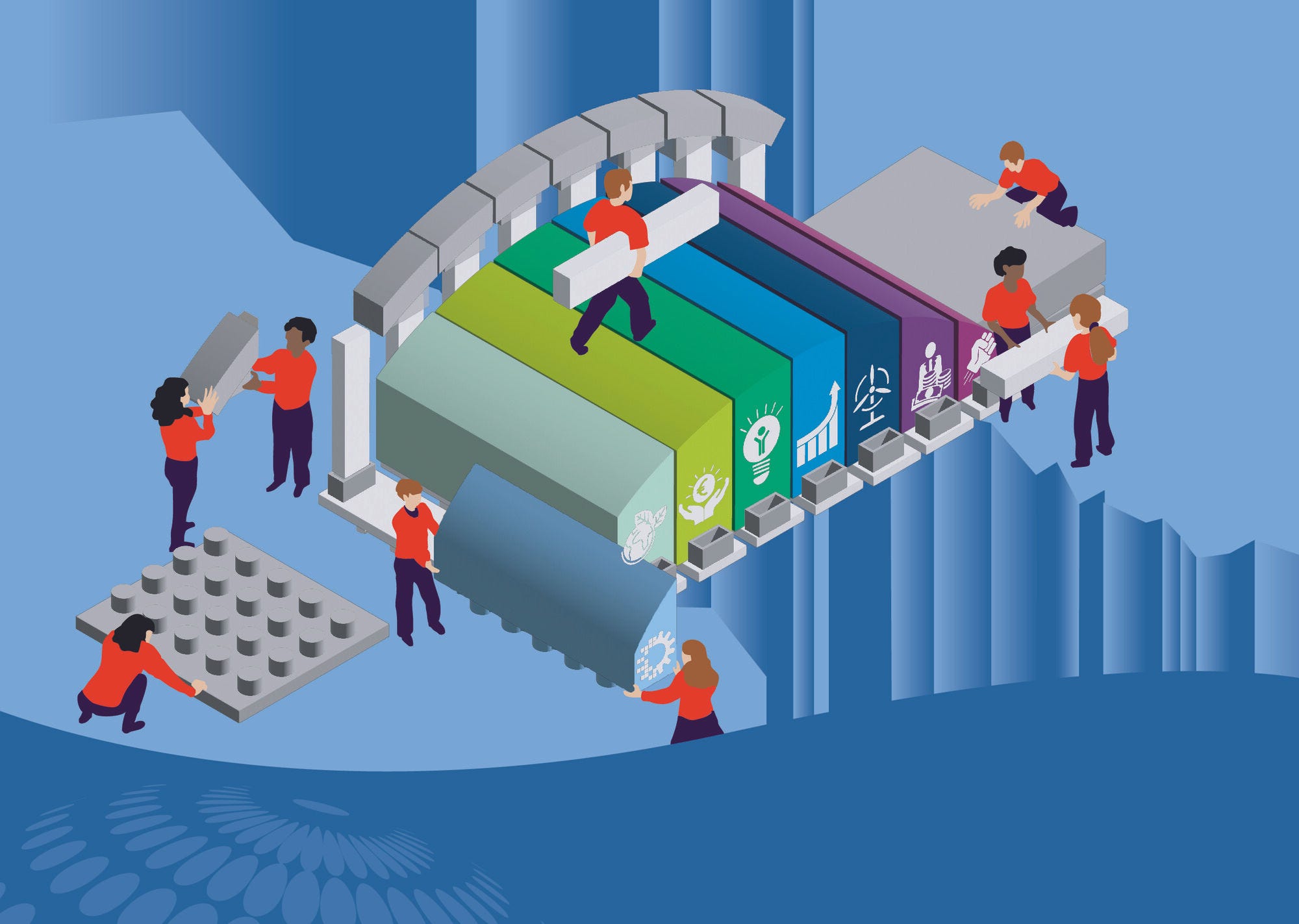This Review measures the level and composition of support to Brazilian agriculture, and evaluates the effectiveness of current measures in attaining their objectives. The study finds that Brazil provides much lower support to its agricultural sector than most OECD countries. However, a large and increasing share of that support is provided in the form of credit subsidies; support which could be more productively oriented to areas such as research and extension, training, and the development of rural infrastructure. A greater focus on such long-term investments could help Brazil to address the two major challenges confronting its agricultural sector: the need to sustain improvements in international competitiveness, and at the same time draw poor smallholders into the development process. At the international level, the report finds that, having substantially reformed its own agricultural policies, the main source of future benefits to Brazil will be reforms in other countries, where access to OECD country markets is the most important issue. Yet while trade liberalisation offers important benefits for the majority of households, those gains need to be placed in the context of the broader opportunities and adjustment pressures confronting both commercial farmers and smallholders.
OECD Review of Agricultural Policies: Brazil 2005
Report
OECD Review of Agricultural Policies

Share
Facebook
Twitter
LinkedIn
Abstract
In the same series
Related publications
-
 21 November 2024
21 November 2024 -
 Policy paper19 November 2024
Policy paper19 November 2024










